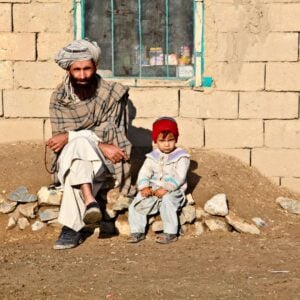The latest joint WHO/UNICEF global progress report, Essential Services for Quality Care: Water, Sanitation, Hygiene, Health Care Waste and Electricity Services in Health Care Facilities, reveals that over 100 countries have made unprecedented efforts to improve basic services in health care facilities. While significant progress has been made in establishing standards, conducting baseline assessments, and developing national roadmaps, billions of people still rely on facilities lacking the most essential services. The report emphasizes that urgent acceleration of efforts and investment is necessary to meet the 2030 global targets.
Dr. Ruediger Krech, Director a.i. of the WHO Department of Environment, Climate Change and Health, highlighted that safe, hygienic, and well-equipped facilities are crucial for preventing infections and delivering essential care. Despite progress, many facilities continue to operate without basic water, sanitation, hygiene, waste management, or electricity, putting millions of lives at risk. Governments and partners are urged to increase investments to ensure every health facility is safe, sustainable, and resilient.
The report finds that in 2023, an estimated 1.1 billion people were served by facilities lacking basic water services, 3 billion lacked basic sanitation, 1.7 billion lacked basic hygiene, and 2.8 billion were served by facilities without proper waste services. In 2022, nearly 1 billion people relied on health care facilities with no electricity or only unreliable supply. These figures underline the scale of the gap in essential services across health care systems globally.
Commitment to improvement is growing, with 101 countries providing validated data on water, sanitation, hygiene, waste, and electricity in 2025—more than double the 47 countries that did so in 2020. Over 80% of countries have implemented at least one national action, such as developing standards or conducting baseline assessments, with several Least Developed Countries, including Ethiopia, Malawi, Nepal, Rwanda, and Uganda, demonstrating strong readiness to scale up improvements. However, financing remains a critical barrier, as only one in five countries report adequate dedicated funding to implement their plans.
The report will be officially launched at a high-level meeting on 24 September at the United Nations in New York, convened by Hungary and the Philippines. Building on the 2023 UN General Assembly Resolution on sustainable and safe health care facility services, the meeting aims to bring together governments, UN agencies, and partners to accelerate progress, close financing gaps, and ensure that every health facility worldwide has the essential services required to provide safe, quality, and dignified care.







